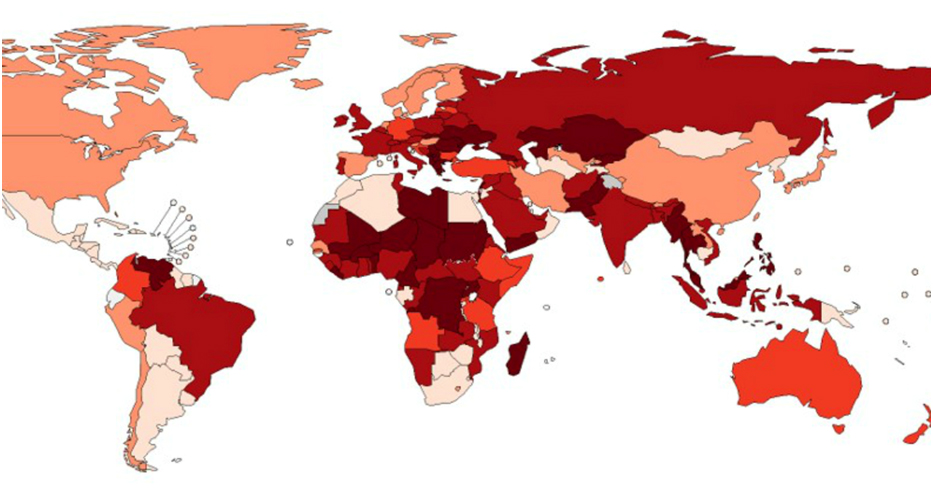Measles, Mumps and Rubella (MMR)
Measles, Mumps and Rubella are viral illnesses spread by the respiratory route, via coughing, sneezing etc. They are present globally in all countries of the world and are therefore a risk to all travellers. Often countries in Asia and Africa experience outbreaks of these diseases, however many developed countries also have had outbreaks in recent years.
All travellers are at risk, especially if visiting for long periods or if living/working closely with the local population. Vaccination against these illnesses are provided as part of the UK childhood vaccination programme, and are normally given as a young child, however many people may have missed the first and/or second dose and are therefore potentially at risk of disease. In order to gain full protection two doses are required a minimum of one month apart.
 Vaccine Schedule
Vaccine Schedule
| Age | Primary Schedule | Booster |
|---|---|---|
| 12 months + | 2 doses on day 0, 4 weeks | None |
 Signs and Symptoms
Signs and Symptoms
Measles
The initial symptoms are similar to the common cold with runny nose, cough, red and watery eyes and fever. This is followed by a rash, which spreads throughout the body. Complications of measles tend to occur in children under 5 years or adults over 20 years and include encephalitis (infection of the brain) and pneumonia (infection of the lungs).
Mumps
Symptoms appear 2 to 3 weeks after infection and include headache, fever, muscle ache and swelling of the salivary glands. It tends to be mild in children, but in adults, can lead to complications such as meningitis, deafness and orchitis (infection of the testicles).
Rubella
Rubella is an acute viral illness that is spread easily from person to person by coughing or sneezing. It is mainly an infection of children and is generally mild in this group. However, rubella in pregnancy is a severe and potentially fatal illness for the unborn baby.
 MAP OF RISK AREA OF MMR
MAP OF RISK AREA OF MMR

Bristol
Bristol
BS6 6LD